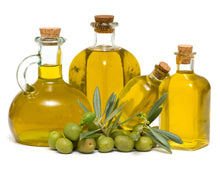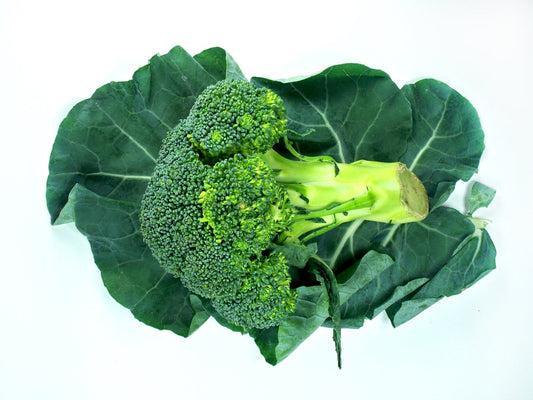
Olive oil is one of the key components of the Mediterranean Diet which could be why that diet is considered good for the heart. Researchers in Australia have found consuming extra virgin olive oil on a daily basis can lower blood pressure, thereby reducing a major risk factor for cardiovascular disease.
Working with a group of 50 healthy adults, researchers at La Trobe University found olive oil consumption led to a reduction in central systolic blood pressure which impacts arteries such as the aorta, as well peripheral systolic blood pressure, which impacts smaller arteries in the arm. Adding four tablespoons of extra virgin olive oil to the diet of study participants led to a 2.5 percent reduction in central systolic blood pressure and a 2 percent reduction in peripheral systolic blood pressure.
"Cardiovascular disease is the leading cause of death globally,†Professor George Moschonis said. “Our findings provide evidence for a potentially widely accessible dietary intervention that can reduce cardiovascular risk in populations not accustomed to a high consumption of extra virgin olive oil."
The study participants were a diverse group in terms of cultural background as well as dietary habits. This confirmed to researchers that heritage is not a factor when it comes to experiencing the beneficial aspects of olive oil consumption.
"Extra virgin olive oil is rich in a variety of active compounds such as polyphenols, which have proven health benefits thanks to their anti-inflammatory and antioxidant properties," said researcher Katerina Sarapis. "This popular oil is widely recognized as a nutritious source of dietary fat when paired with traditional, Mediterranean style diets from Greece and Spain. Our study confirms the benefits associated with olive oil consumption extends to people without Mediterranean heritage but who have different cultural upbringings, traditions and food preferences."
The study compared the effects of extra virgin olive oil with refined olive oil which is lower in polyphenols. Blood pressure measurements were taken every three weeks during the trial.
"We asked participants to add 60 milliliters—or 4 tablespoons—of either extra virgin or refined olive oil to their daily diets for three weeks. Following a two-week break where participants could not eat olive oil or olives, they were then asked to consume the alternative oil," Sarapis said. "The refined, low polyphenol olive oil had no significant impacts on blood pressure, but the extra virgin olive oil caused a reduction in central and peripheral systolic blood pressure. This is of clinical importance, as this result was achieved without the use of any blood pressure medications."



